"The MPNL program came at the right time, when we were starting to take the sector more seriously."–Kristina Inrig
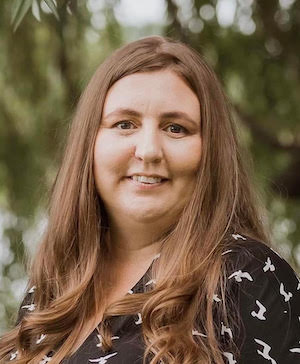
Kristina Inrig is a 2016 MPNL graduate and President and CEO of the Sustainable Capacity Foundation, which works to build capacity among small nonprofit organizations in the environmental sector. After a Bachelor of Public Affairs and Policy Management and nearly 15 years of not being in university, Kristina Inrig went back to Carleton University for her Masters degree. She recently joined the Board of Directors of Environment Funders Canada (formerly Canadian Environmental Grantmakers Network, or CEGN), which is a national network of foundations and organizations that support efforts to transition toward a more sustainable world, and she volunteers for other foundations, such as the Investment committee and impact investment team at the Laidlaw Foundation. On the 10th anniversary of the MPNL program, she spoke with PANL Perspectives about her experiences in the program. (The interview has been shortened and edited.)
Question: How and why did you end up in the MPNL program?
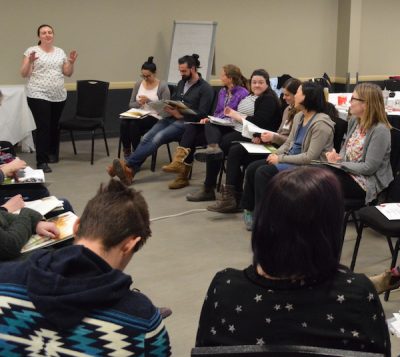
Inrig: I’d been working as an executive in nonprofit organizations for about 12 years, and I’d wanted to augment my skills in terms of nonprofit leadership. Also, I was intrigued by the philanthropy aspect of things; I wanted to do research in that area, wanted to understand more. I’d volunteered for foundations before, but I hadn’t transitioned into a work perspective and I hadn’t been in school for years.
It was hard doing the program while managing my full-time career and also my family commitments — and I was pregnant at the end of the program! The balance was challenging. I brought my newborn baby to the last classes, because I was still breast-feeding, but I thrived on doing multiple things at once, and loved the challenge of that.
Q: More specifically, what did you gain from the program?
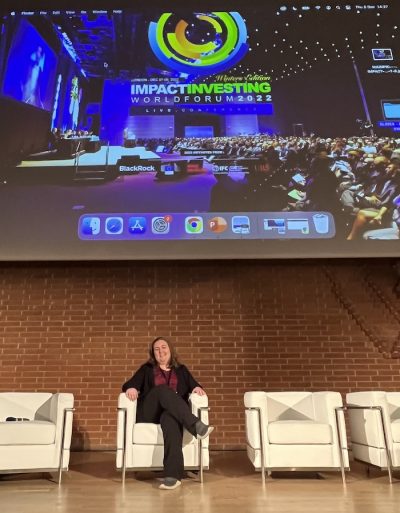
Inrig: I especially enjoyed digging deeper into some of the topics and readings and getting to know some of the thought perspectives on certain topics. I got intrigued by donor-advised funds, learning what those were all about, and by impact investing, another of the topics that took off for me in terms of interest and passion.
I started the program thinking I was mostly interested in nonprofit leadership and ended up thinking that I’m in love with the work of philanthropy and foundations — and ended up realizing that that was more the direction I wanted to go. So, the program informed my career decisions. Before I entered the program, I already had some experience about direct investment in great causes, but the MPNL program gave me a new layer and a new level to that. As I finished the program and started building out my career, impact investing has become a bigger part of it.
Q: You’re still involved with the program now. How did that come about and why are you so involved?
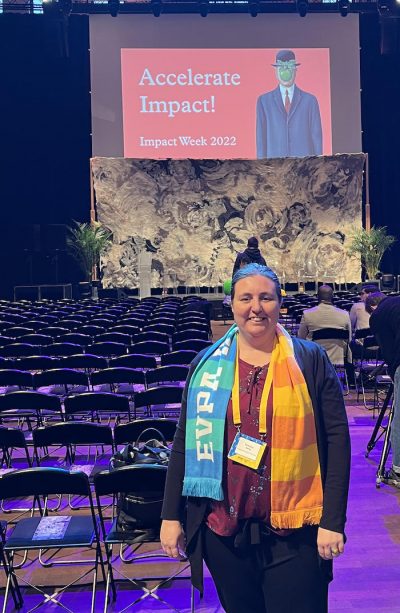
Inrig: I was asked to be on the Editorial Board of PANL Perspectives, and that’s interesting for me, because it helps to stay current on emerging research and academic pursuits in philanthropy. And there are changes within the political and social environments, changes in government, and I wanted to stay abreast of issues related to those.
Also, I just love the program; I gained a lot of insight from it, and it reignited my passion for learning — and I wanted to stay engaged and give back to the program. I highly recommend the program. It’s an excellent Masters program, and it was very much needed in our society and in Canada.
Q: How is the program relevant to our sector today?
Inrig: This sector is huge. In Canada, we have many people working in the nonprofit and charitable sector, and the sector includes everything from hospitals and universities to small-shop organizations that I work with. People often undervalue the sector’s impact, even though it’s a huge sector in our world.
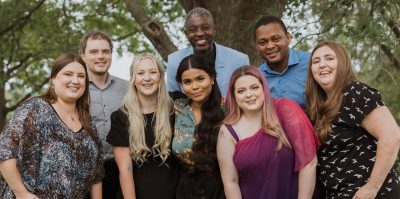
So, not having these focused efforts to really take a look and dig deeper into the sector, I think was a missing piece in Canada. The MPNL program came in at just the right time, when we were starting to take the third sector more seriously, and saying, ‘As a complement to government, as a complement to the private and corporate sector, the third sector — or the philanthropic and nonprofit sector — is really relevant in today’s society.’ There’s a huge need for us to be able to strengthen and to build up the leaders of tomorrow who have the knowledge, the capacity and the academic underpinnings to strengthen the sector as a whole.
Kristina Inrig is on LinkedIn. Photos are courtesy of Kristina Inrig.